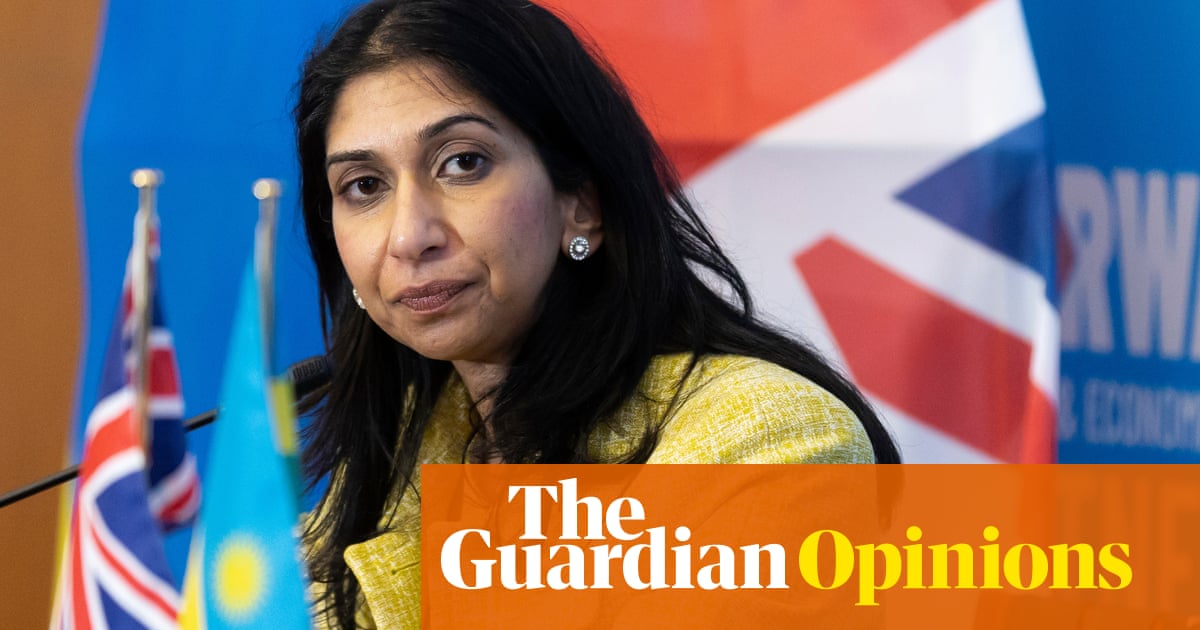
The marshmallow test was invented when the boomer generation was young. It tested the ability to delay gratification. Children who could hold off eating a marshmallow placed in front of them would get two, proving they had the self-control requisite to become concert cellists, scientific geniuses or presidents of the US.
But over the years, psychologists have come to doubt the marshmallow test and what it was really measuring. They found that children who had grown up around unpredictable adults – or who were primed with a broken promise ahead of the test – were most likely to grab the first sweet that came their way. This wasn’t always impulse failure, as once assumed, so much as a rational reaction to circumstance. In an uncertain world, it is much smarter not to trust in romantic promises of marshmallows tomorrow. You might end up with none at all. The first lesson – sacrifice pays off – has been drummed into boomers, and the following generation X, all their lives, but life is repeatedly teaching their children the second. We can do everything right and still not get our second marshmallow. Sometimes, even our first is whipped away right in front of us, as we are asked to please stop whining; we shouldn’t have expected so much in the first place.
The housing market is, of course, the most talked about example: slaving away in the right sort of job no longer guarantees you a property, but I’d like to mention pensions too. This is after all the most fundamental of social contracts: work hard now and we will take care of you in old age. But it is breaking down for us. Young people must instead work hard to pay a one-off chunk of wealth to another lucky generation, a reward they won’t see themselves. The Institute for Fiscal Studies reported last week that 90% of young people are heading for an uncomfortable retirement, thanks both to a lack of funds and to policymakers who have “become complacent”.
Meanwhile, luxurious defined benefit schemes (now mostly wound down) are tempting those in their 50s into golden early retirement, shrinking the worker supply further. And because boomers and gen Xers need to be paid now, fund managers are investing our pots more cautiously – in plodding bonds, rather than flashier equities. These pots won’t grow as much. Older generations sometimes fail to understand the fuss we are making about all this. They point out that many of them endured harsher conditions in their youth. But it’s not the hardship we object to – it’s the unfairness.
People cope with all sorts of sacrifices if the rewards seem worth it, but unfairness and broken promises are toxic to any society, human or otherwise. (If you distribute grapes unevenly among a group of capuchin monkeys, the losers throw them back in your face. This is how you make disaffected monkeys.) Why bother enduring anything for the sake of a society that won’t hold its side of the bargain?
I wonder what the eventual consequences of the broken contract will really be. You might expect, for example, an uptick in hedonism among millennials and gen Z (the instant gratification generations?) but, aside from a little quiet quitting and perhaps a taste for expensive brunches, we haven’t seen much of this.
Instead, I think something less active – and more psychologically unhealthy – is happening. “Oh God, please let’s not think about it,” I found myself saying when a friend brought up pensions last week. Maybe we’ll be dead by then. Maybe pensions won’t even be a thing. (A millennial accountant once advised me not to bother with national insurance; there would be no state pension by the time I got there.) I get the impression I’m not alone – millennials are detaching; we don’t like to think too hard about the future. We are switching off. We are choosing not to look.
In The Sea, the Sea, Iris Murdoch has a character describe the psychological requirements of her bad marriage: a certain amnesia, an avoiding of the truth. “You move, you look about you, you want things,” she tells the freewheeling protagonist. “There are others who live on the earth and move just a little and don’t look.” This is the marriage young people have with the state – held together through habit, social norms and a patchwork of cultivated blind spots. Emotional investment is missing. One big knock, you sense, and it could fall apart.
What do I mean by emotional investment? There is a certain quality – a fabric or glue – not set in law but nevertheless the basis on which societies hold together. Patriotism, solidarity, fellow feeling, collective consciousness, group loyalty: these are the emotions that flicker beneath a functioning state.
These, too, are the threads on which politicians so often need to pull: just bear with me through this tough period, we are all in this together, your country needs you. But they are also based on trust. There may come a time that tests our marriage – politicians ask something big of us – and find there is no goodwill, no social capital to spend.
I have often wondered why young people haven’t made more fuss about intergenerational unfairness, and why they so willingly sacrificed so much in the pandemic. Perhaps the answer is simple. Unlike most sorts of inequality, the opposing groups are bound by love: children don’t want to argue away their parents’ winter fuel allowance. (Parents, of course, feel this too but deal with it by handing what they can to their own offspring; screw everyone else’s.) The antagonists are also linked by the conveyor belt of passing time. Perhaps young people fear that by the time they win a more balanced contract between young and old, they will unwittingly find themselves members of the opposing team.
But one day soon, with birth rates shrinking, today’s young will make up the bulk of the population. We are breeding resentment into our citizens. It may not stay buried for ever.
Martha Gill is an Observer columnist












